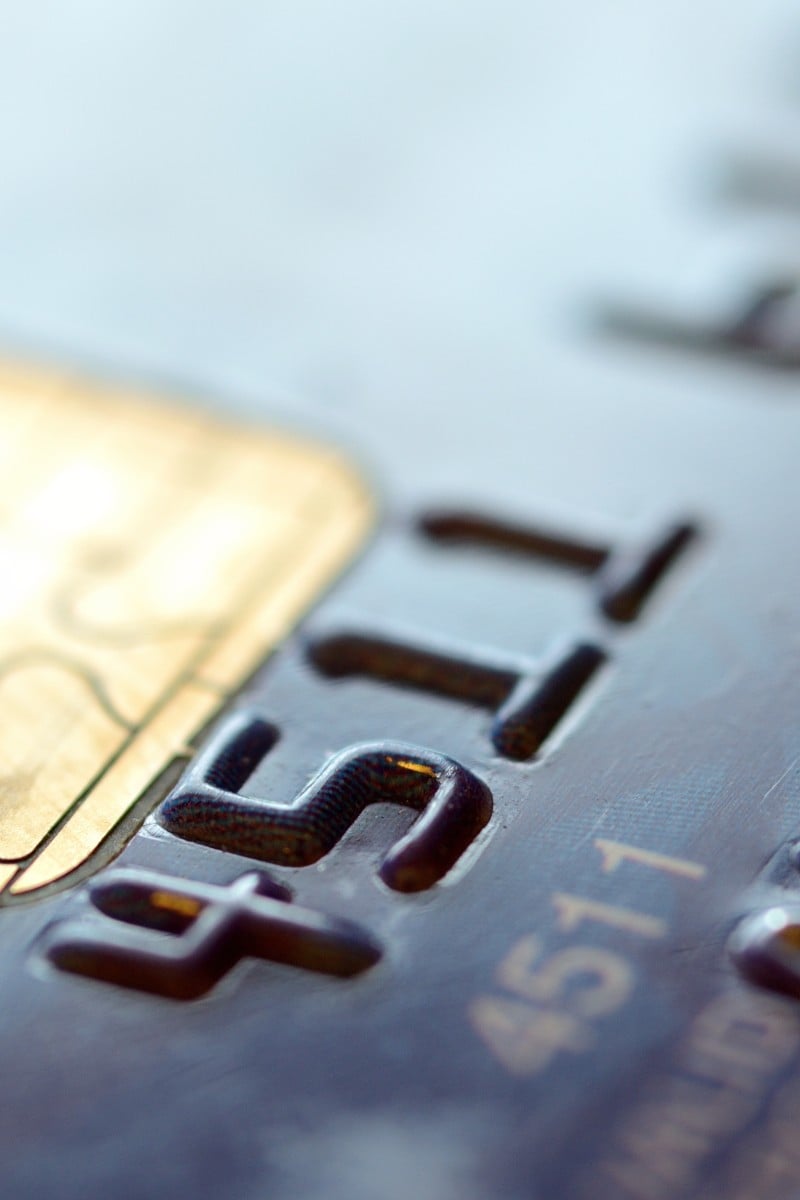
Everything you need to know about credit cards and how to NOT end in debt
Published:
Nicole TsungWong Tsui-kai
Listen to this article
With great power comes great responsibility. A credit card gives you financial freedom, but it’s important that you use it sensibly
Nicole TsungWong Tsui-kai |
Published:
Sign up for the YP Teachers Newsletter
Get updates for teachers sent directly to your inbox
By registering, you agree to our T&C and Privacy Policy
Sign up for YP Weekly
Get updates sent directly to your inbox
By registering, you agree to our T&C and Privacy Policy